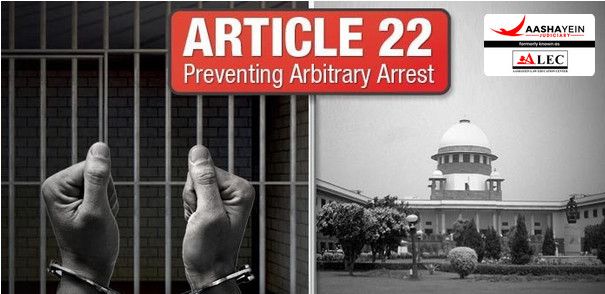This case stands as a significant milestone in environmental law, marking the first introduction of the Polluter Pay Principle (PPP). Also referred to as the principle of extended producer responsibility, PPP is a legal concept that holds polluters accountable for the costs associated with managing and mitigating environmental harm. Under this principle, individuals or entities responsible for causing pollution are required to bear the expenses necessary to address and prevent adverse impacts on human health and the environment.
Fact
In the Rajasthani village of Bichhri, a group of chemical companies, some producing highly hazardous pollutants like acid "H" and other toxic substances, were located. Without proper treatment, the acid "H" generated vast amounts of dangerous effluents, particularly gypsum- and iron-based sludge, which severely impacted the land, water, and ecosystem. A study conducted by the Rajasthan Pollution Control Board revealed that these chemical units had already produced between 2400 and 2500 metric tonnes of hazardous sludge. The untreated waste contaminated the ground, seeping into aquifers and underground water sources. As a result, streams and wells became poisonous, rendering them unsafe for human consumption and for irrigation. Additionally, the affected land became unsuitable for farming. In response, a public interest litigation was filed in August 1989 to halt the operations of these industries and ensure proper remediation of the environmental damage caused.
You can also read the Blog by visiting [Blog]
For more information, visit [Aashayein Enquiry Section]
Arguments
The respondents contested the procedure followed by the Rajasthan Pollution Control Board, asserting that the officials were consistently hostile towards them. They argued that the report could not be implemented since they were not given an opportunity to challenge it or present evidence in their defense. Additionally, they contended that they were not within the Supreme Court's jurisdiction under Article 32 of the Constitution, as they do not meet the definition of “state” as defined under Article 12.
Judgement
Considering the seriousness of the matter, the Supreme Court directed the Central Government to assess and allocate necessary funds for remedial actions, such as clearing the sludge from Bichhri village and nearby areas. The Respondents were classified as offenders due to their repeated violations of legal norms, attempts to conceal sludge, release of harmful effluents, and failure to comply with court orders, as highlighted by reports from expert committees.
Consequently, the court ordered the closure of all their businesses and enterprises in Bichhri village. The court allowed any organization to file a compensation claim on behalf of the affected villagers for the damages they incurred. Additionally, the State Pollution Control Board and the Central Government were directed to submit quarterly reports to the court detailing the progress in implementing these directives. The respondents were held accountable for the pollution they caused and were required to make reparations. The judgment in this case reinforces the "Polluter Pays" principle, ensuring that polluting entities face significant consequences for undoing the harm they have caused

